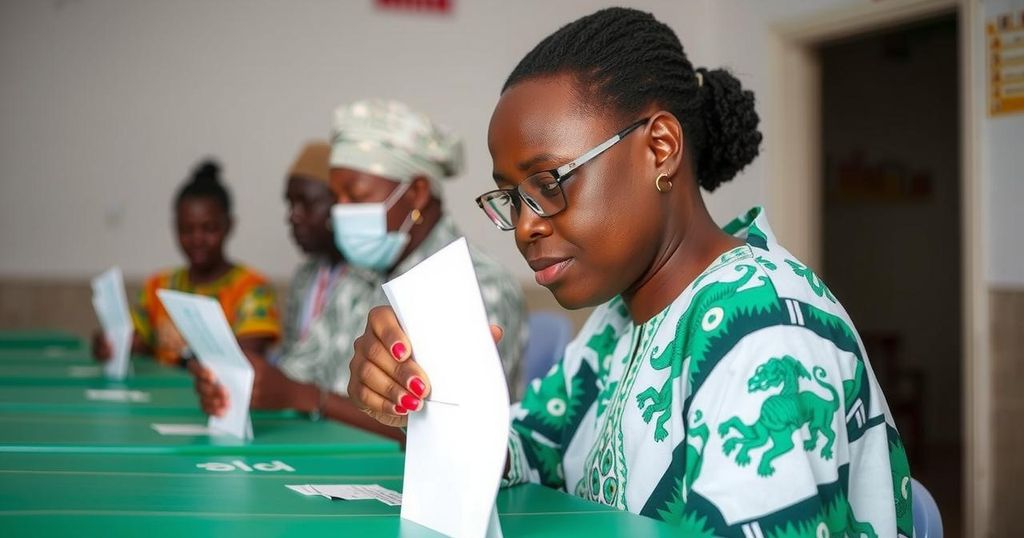Nigeria’s Independent National Electoral Commission (INEC) is proposing amendments to eliminate the Permanent Voter Card (PVC) and enhance the biometric voting system ahead of the 2027 elections. This reform stems from a desire to address issues observed in previous elections, focusing on transparency and efficiency. A total of 142 recommendations have been identified for actionable steps, including replacing PVCs with digital verification methods, underscoring INEC’s commitment to credible electoral practices.
Nigeria’s electoral process may soon see significant reforms initiated by the Independent National Electoral Commission (INEC) that would eliminate the requirement for the Permanent Voter Card (PVC). These reforms aim to enhance the integrity of the electoral system by emphasizing the use of biometrics for voter verification. This shift is inspired by feedback from various stakeholders post the 2023 elections, with a focus on ensuring transparency and credibility as the nation approaches general elections in 2027.
Prof. Mahmood Yakubu, Chairman of INEC, stated that the Commission is dedicated to addressing various loopholes identified in previous elections. Following an extensive consultation process, 142 recommendations have been brought forward, which address multiple aspects of the electoral process including voter management, election logistics, and the technological framework employed during elections. Of these recommendations, eight necessitate legislative changes to be approved by the parliamentary chambers, while many will rely on administrative actions by INEC.
One of the pivotal suggestions is to replace the PVC with a digital alternative, which could mitigate issues related to vote-buying and identity fraud that have been associated with the physical card. The Bimodal Voter Accreditation System (BVAS) has proven that biometric verification can sufficiently replace the need for physical voter identification. Future elections may thus facilitate voter accreditation through computer-generated slips that can either be issued or downloaded by voters, thereby streamlining the process. Additionally, INEC is considering votes from Nigerians abroad and plans to enhance the purification of the voter register by improving cooperation with relevant organizations like the National Identity Management Commission (NIMC).
The movement towards reforming voter identification in Nigeria signals a critical evolution in the country’s electoral landscape. Historically, the Permanent Voter Card (PVC) has been central in verifying voter identity, but challenges including complaints of vote-buying and production issues have prompted a reevaluation. With the introduction of biometric systems successfully utilized in elections in countries such as Ghana, Nigeria’s INEC is aspiring to adopt similar measures to increase the reliability and efficiency of the voting process. This is particularly timely as the nation gears up for its next general elections in 2027, necessitating a thorough overhaul to ensure fair and transparent electoral practices.
In summary, the proposed reforms by INEC mark a significant step towards modernizing Nigeria’s electoral system. By potentially transitioning from the physical Permanent Voter Card to digital alternatives validated through biometric methods, INEC aims to reduce election-related fraud and enhance voter participation. The emphasis on stakeholder engagement and addressing identified weaknesses showcases a commitment to promoting electoral integrity and transparency in future elections. The ongoing consultations, as well as discussions regarding additional voting measures for Diaspora citizens, underscore a multifaceted approach to electoral reform.
Original Source: www.biometricupdate.com







